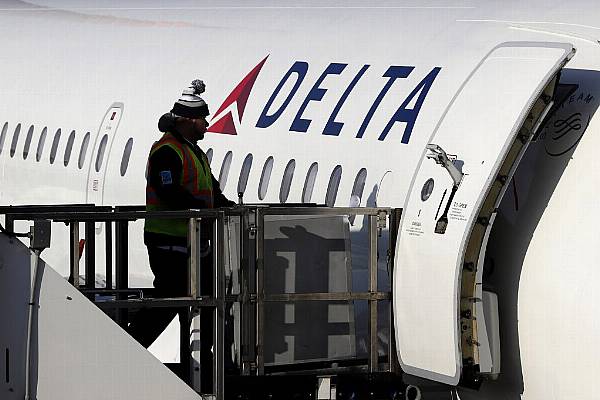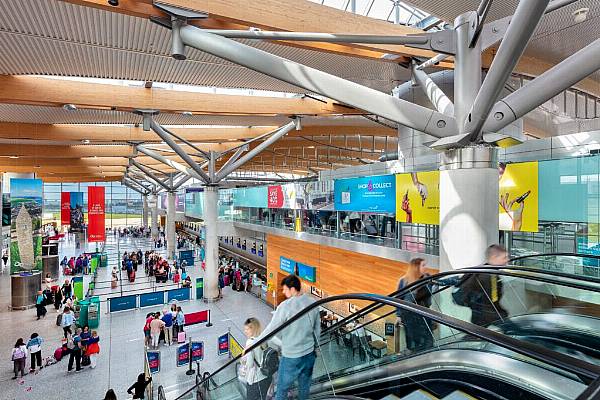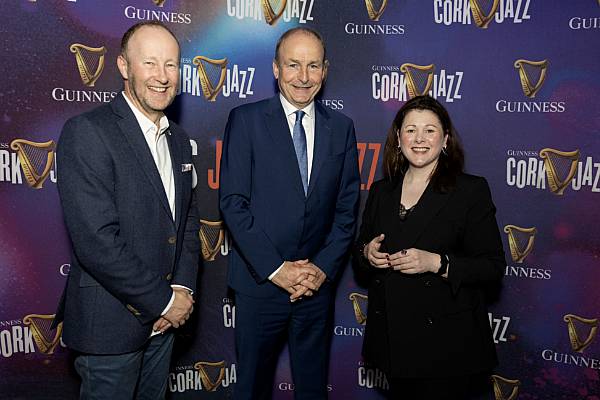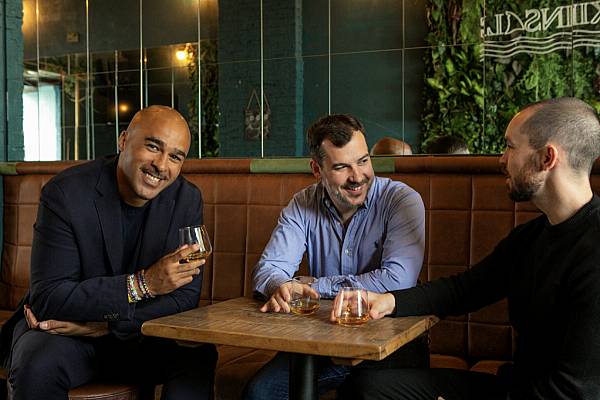Delta Air Lines Inc. is nearing an order for about 100 single-aisle planes, people familiar with the matter said, in a much-anticipated deal valued at as much as $12.7 billion.
The No. 2 U.S. carrier is also seeking options to buy as many as 100 more planes as it chooses between Airbus SE’s A320 family of aircraft and Boeing Co.’s 737 jetliners, said the people, who asked not to be named because the discussions are private. Talks are advanced and a decision, which will test Delta’s strained relationship with Boeing, will probably be made before year-end, the people said.
Delta is seeking to replace 1990s-vintage McDonnell Douglas MD-90 jets -- nicknamed Mad Dogs by pilots-- as well as aging Boeing 757 and Airbus A320 aircraft. As the decision nears, the carrier has been at loggerheads with Boeing over the planemaker’s U.S. trade complaint against Bombardier Inc.’s C Series. Delta is the largest buyer of the Canadian plane, which President Donald Trump’s administration recently hit with import duties of about 300%.
The Atlanta-based airline, which has the oldest fleet among big U.S. carriers, declined to comment on the exact size or other details of the order. Chief Executive Officer Ed Bastian said last month that the company would choose in six to 12 months between Boeing’s upgraded Max line of 737s and Airbus’s newest single-aisle offering, named the A320neo for its new engine option.
Airbus agreed last month to take control of the C Series in a deal that’s expected to close next year. The Toulouse, France-based planemaker declined to comment, as did Chicago-based Boeing.
Fleet Choices
Delta is considering Boeing’s 737 Max 8 and bigger Max 10, along with the Airbus A320neo and larger A321neo aircraft, according to the people. The A321neo has the highest list price, at $127 million apiece, before the discounts that are customary for aircraft purchases.
The purchase will be Delta’s biggest since it lined up 50 wide-body jets from Airbus three years ago to reshape its international fleet, in a deal valued at $14 billion at list prices. Since then, it has purchased more than 70 of the less expensive A321 narrow-body aircraft, primarily for domestic routes, in three separate transactions.
In April 2016 it ordered 75 Bombardier CS100 jets, which carry fewer passengers than the smallest Airbus and Boeing aircraft, and secured options for 50 more. That deal had a list value of $5.6 billion.
The airline’s mainline fleet of 847 planes has an average age of 17 years, compared with slightly more than 10 at American Airlines Group Inc. and 14 at United Continental Holdings Inc., according to the companies’ most recent annual reports.
Delta has spotlighted its ability to keep its older fleet operating, giving it a cost advantage over rivals. It generally has the best on-time arrival record among the three largest U.S. airlines in recent years.
Boeing Clash
Boeing is contending for the order despite sparring with Delta repeatedly over politics and trade in recent years. The U.S. Commerce Department imposed preliminary tariffs of about 300 percent on the C Series. Boeing had complained that Bombardier sold the planes at unfairly low prices after receiving illegal government subsidies in Canada.
Relations were already strained before that. Delta advocated barring the U.S. Export-Import Bank from financing wide-body aircraft sales to government-backed airlines. The airline also led a campaign to curb growth by three state-owned Middle Eastern carriers, which are among the largest buyers of Boeing’s big twin-aisle planes.
Despite the tension, the relationship is symbiotic. Delta is among the largest customers of the 737-900ER and could curb operating costs by graduating to the Max 10. Boeing’s eagerness to win orders for the plane also gives the airline leverage in its talks with Airbus.
Boeing CEO Dennis Muilenburg has emphasized his company’s long, deep relationship with Delta. The trade action that could effectively kill the C Series in the U.S. wasn’t meant as an affront to the Canadian government or Delta, Muilenburg said during an earnings call last month.
“Delta is a very important customer to us,” he said. “We want to continue to work with them and support them for the future. So these are not actions that are targeted at customers or countries.”
News by Bloomberg, edited by Hospitality Ireland







